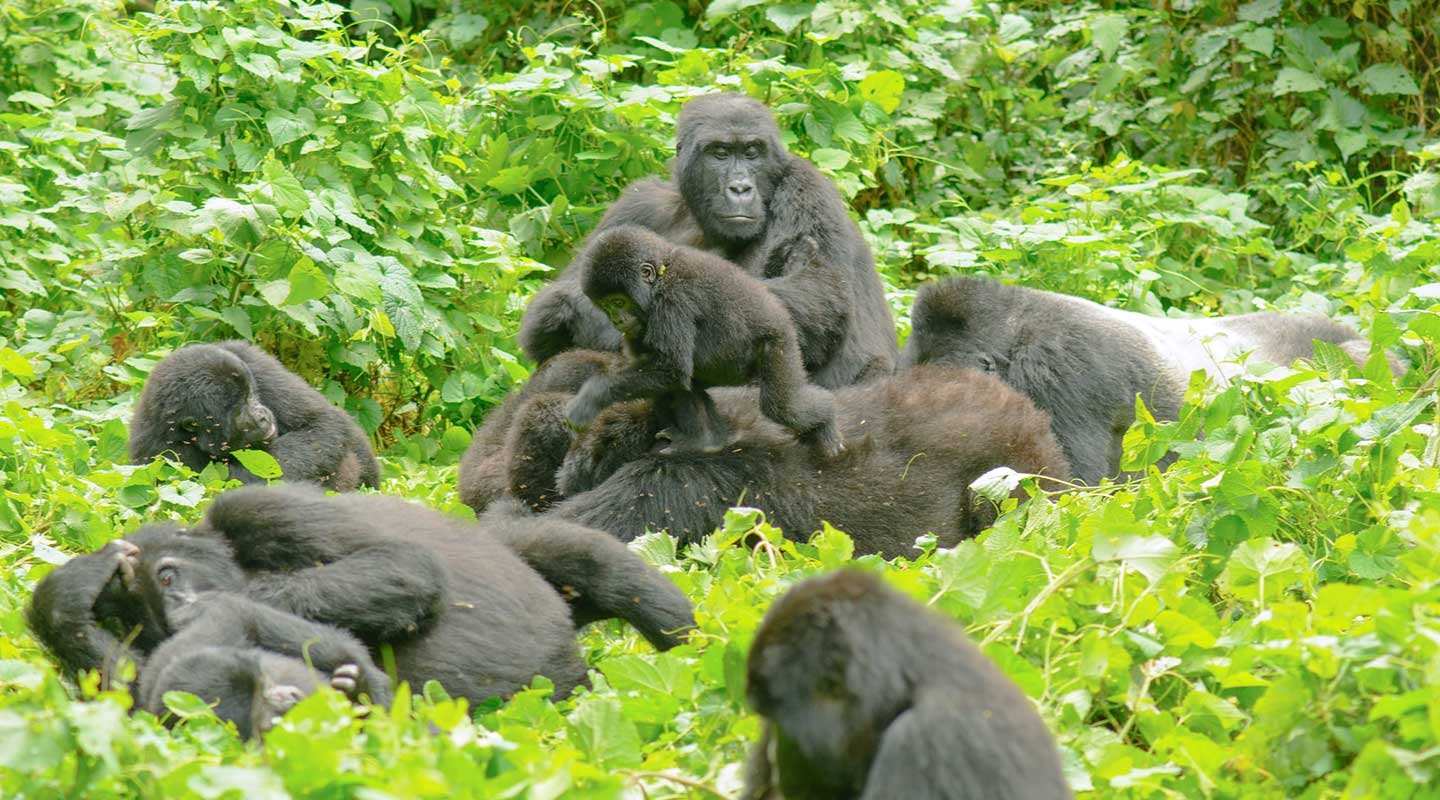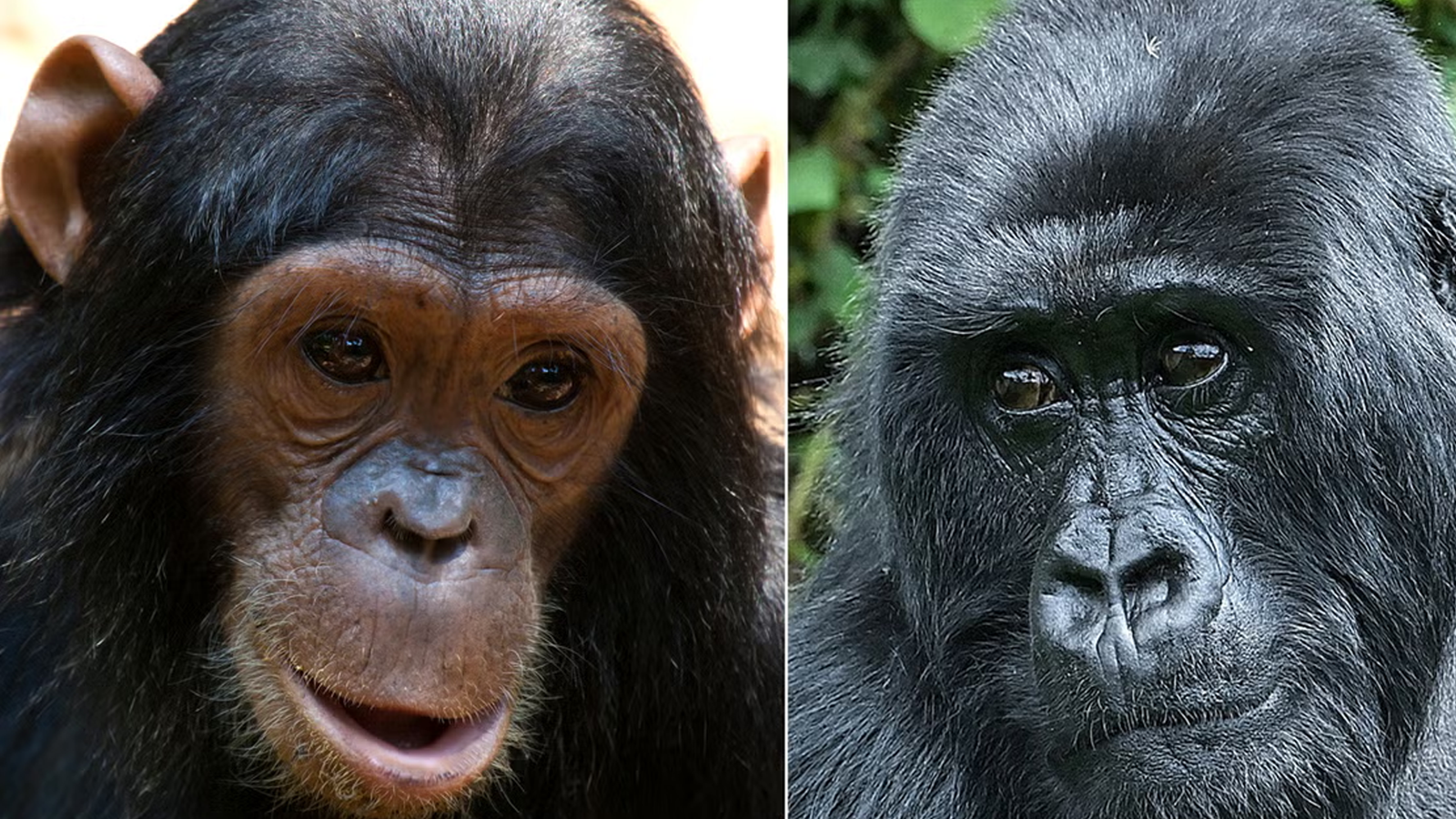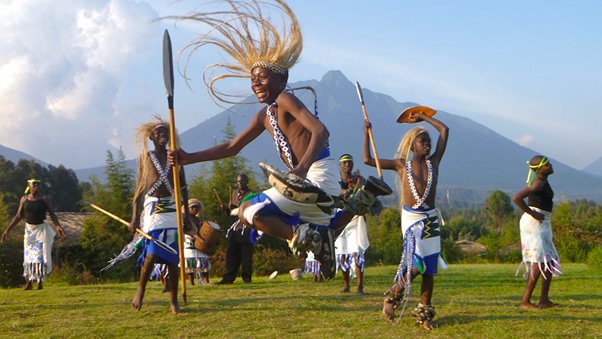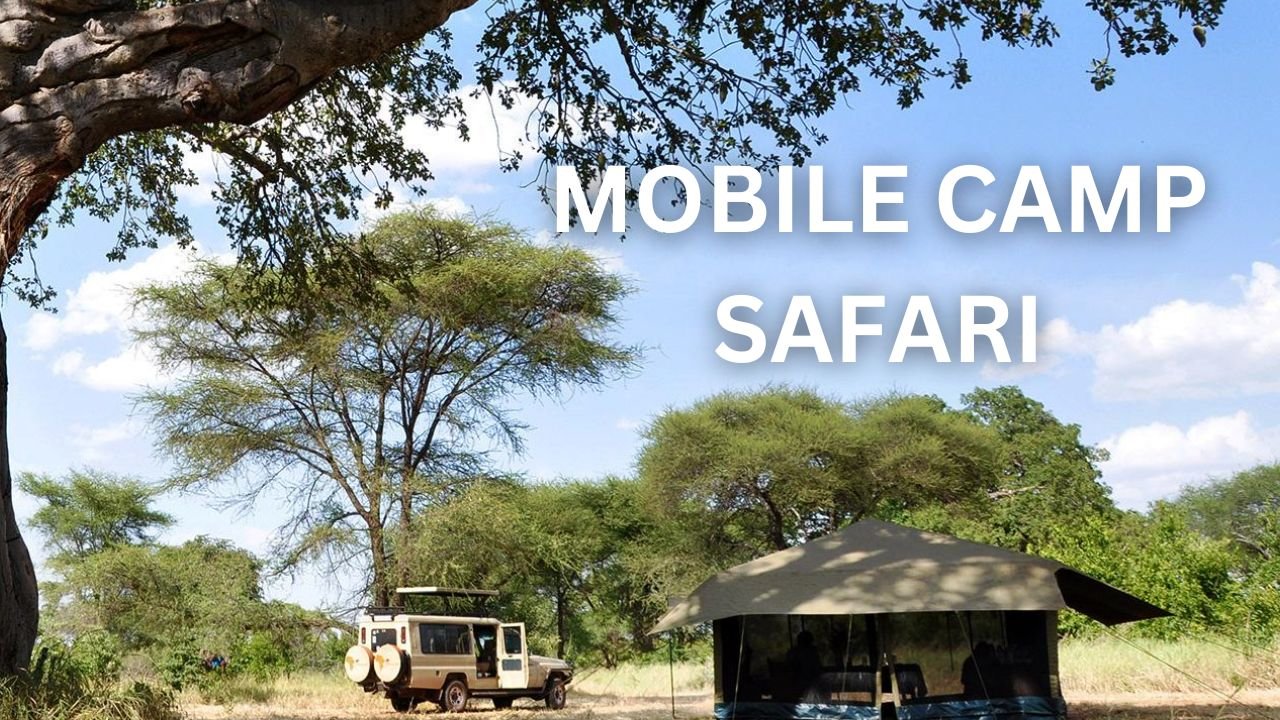Revenue sharing in Bwindi refers to the practice of distributing a portion of the revenue generated from tourism activities in the Bwindi Impenetrable National Park among local communities living around the park.
Bwindi Impenetrable National Park is located in southwestern Uganda and is renowned for its population of endangered mountain gorillas.
The concept of revenue sharing in Bwindi emerged as a way to involve and benefit local communities who have traditionally relied on the forest for their livelihoods.

By sharing a portion of the revenue generated from gorilla trekking permits, accommodation fees, and other tourism-related activities, the aim is to provide economic incentives for conservation and foster positive relationships between the park and its neighbouring communities.
The revenue sharing mechanism in Bwindi typically involves the following steps:
Collection of Revenue:
The collection of revenue in Bwindi involves various sources related to tourism activities. Here are some key aspects of revenue collection:
Gorilla Trekking Permits:
One of the main sources of revenue in Bwindi is the sale of gorilla trekking permits. These permits grant visitors the opportunity to track and observe the endangered mountain gorillas in their natural habitat. The revenue generated from the sale of these permits is a significant source of income for the park.
Accommodation Fees:
Bwindi offers a range of accommodation options, including lodges, campsites, and eco-lodges. Visitors staying within or near the park are required to pay accommodation fees. These fees contribute to the revenue generated by the park.
Park Entrance Fees:
Visitors entering Bwindi Impenetrable National Park are generally required to pay entrance fees. These fees are collected at the park gates and contribute to the overall revenue of the park.
Guided Nature Walks and Other Activities:
Bwindi offers various guided nature walks, birding tours, cultural visits, and other activities that visitors can participate in. The fees charged for these activities also contribute to the revenue generated by the park.
Concession Fees:
In some cases, the park may enter into agreements with private operators or companies who manage certain facilities or services within the park, such as lodges or souvenir shops. These operators pay concession fees or royalties to the park for the privilege of operating in the area.
It’s important to note that the specific details of revenue collection, including pricing, fee structures, and allocation percentages for revenue sharing, may be subject to change and should be verified with the relevant authorities or park management at the time of inquiry or visit.
Revenue Allocation:
Revenue allocation in Bwindi involves determining how the collected revenue will be distributed among the local communities and conservation initiatives. Here are some aspects of revenue allocation:
- Revenue Sharing Agreements: Revenue allocation is typically determined through agreements between the park management, local community representatives, and relevant government authorities. These agreements define the percentage or amount of revenue that will be shared with the communities.
- Community Development Fund: A portion of the revenue is often allocated to a community development fund. This fund is used to finance various community projects aimed at improving the well-being of the local communities living around the park.
- Infrastructure Development: Revenue allocation may be directed towards infrastructure development projects that benefit the communities. This could include building or improving schools, healthcare facilities, roads, water supply systems, or other necessary infrastructure.
- Education and Healthcare Initiatives: Funds may be allocated to support education and healthcare initiatives in the local communities. This could involve providing scholarships or educational materials, improving access to healthcare services, or training healthcare workers.
- Conservation Awareness Programs: Revenue allocation may be used to fund conservation awareness programs aimed at educating and engaging the local communities in sustainable resource management and wildlife conservation. These programs help foster a sense of ownership and responsibility towards the park and its resources.
- Income-Generating Activities: Some revenue may be allocated towards supporting income-generating activities in the communities. This can include providing training, resources, or financial support for small-scale businesses, agriculture, handicraft production, or tourism-related enterprises.
- Monitoring and Evaluation: Mechanisms are typically put in place to monitor and evaluate the impact of revenue allocation on community development and conservation outcomes. This ensures accountability and helps assess the effectiveness of the initiatives funded by the revenue sharing program.
The specific allocation of revenue and the projects supported can vary over time and depend on the needs and priorities of the local communities, as well as the agreements in place between stakeholders. Regular engagement and consultation with the communities play a crucial role in ensuring that the revenue allocation addresses their needs and contributes to sustainable development in the region.
Community Development Projects:
Community development projects supported by revenue sharing in Bwindi aim to improve the well-being and livelihoods of the local communities living around the national park. These projects cover a wide range of areas and initiatives. Here are some examples of community development projects:
- Education Initiatives: Revenue sharing funds may be used to support educational initiatives such as constructing and renovating schools, providing scholarships or educational materials to students, improving access to quality education, and supporting vocational training programs. These projects help enhance educational opportunities and improve literacy rates in the communities.
- Healthcare and Sanitation: Revenue allocation can be directed towards healthcare initiatives, including building and equipping health centres, training healthcare workers, and improving access to essential healthcare services and medications. Sanitation projects, such as constructing latrines and promoting hygiene practices, may also be supported to improve community health and well-being.
- Infrastructure Development: Funds may be allocated to infrastructure development projects, such as constructing or improving roads, bridges, and water supply systems. These projects help enhance connectivity, access to markets, and basic amenities for the communities.
- Conservation and Natural Resource Management: Revenue sharing initiatives often include projects focused on conservation and natural resource management. This may involve training and capacity building for community members in sustainable agricultural practices, agroforestry, or eco-tourism ventures. Additionally, initiatives promoting sustainable use of forest resources, watershed management, and biodiversity conservation are commonly supported.
- Women’s Empowerment and Gender Equality: Projects that promote women’s empowerment and gender equality may be prioritized. These initiatives can include training programs, income-generating activities, and support for women’s cooperatives or self-help groups. By empowering women, the projects contribute to more inclusive and equitable development in the communities.
- Small Business Development: Revenue sharing funds can be used to support small business development initiatives. This may involve providing training, financial support, and resources for local entrepreneurs, farmers, artisans, or tourism-related enterprises. These projects help create employment opportunities and stimulate economic growth at the community level.
- Cultural Preservation and Tourism Promotion: Projects that focus on preserving and promoting the cultural heritage of the communities can be supported. This may include revitalizing traditional practices, promoting cultural festivals, and developing community-based tourism initiatives that showcase local customs and traditions.
It’s important to note that the specific community development projects supported through revenue sharing can vary over time and depend on the needs and priorities of the local communities. The selection and implementation of projects often involve close collaboration between the park management, local community representatives, and other stakeholders to ensure the projects have a meaningful and sustainable impact.
Accountability and Monitoring:
Accountability and monitoring are critical components of revenue sharing in Bwindi to ensure transparency, effectiveness, and proper utilization of funds.
Here are some aspects of accountability and monitoring in revenue sharing initiatives:
- Reporting and Documentation: Regular reporting mechanisms are established to track the collection of revenue, allocation of funds, and progress of community development projects. Accurate documentation of financial transactions and project implementation is maintained to ensure transparency.
- Stakeholder Engagement: Key stakeholders, including local community representatives, park management, government authorities, and relevant non-governmental organizations, actively participate in the monitoring process. Regular consultations, meetings, and feedback sessions are held to discuss revenue sharing activities, address concerns, and evaluate the impact of projects.
- Independent Audits: Independent audits may be conducted periodically to assess the financial management and accountability of revenue sharing funds. These audits ensure that funds are used appropriately and in accordance with the agreed-upon guidelines.
- Impact Assessment: The impact of community development projects funded through revenue sharing is assessed to determine their effectiveness and identify areas for improvement. This assessment includes evaluating the socio-economic benefits to the local communities, conservation outcomes, and the overall well-being of the communities.
- Community Participation: Engaging the local communities in the monitoring process is crucial. Community members are encouraged to actively participate in decision-making, project planning, and evaluation. This involvement fosters a sense of ownership, accountability, and ensures that projects are aligned with the community’s needs and aspirations.
- Grievance Mechanisms: Transparent grievance mechanisms are established to address any concerns or complaints related to revenue sharing activities. These mechanisms provide a channel for community members to voice their opinions, report any misuse of funds, or seek resolution for any issues that may arise.
- Capacity Building: Training and capacity-building initiatives are implemented to enhance the skills and knowledge of community members involved in the management and monitoring of revenue sharing activities. This helps ensure that local communities have the capacity to actively participate in decision-making and oversight processes.
- Continuous Improvement: Feedback and lessons learned from the monitoring and evaluation processes are used to improve the revenue sharing mechanism and optimize the impact of community development projects. This iterative approach allows for ongoing refinement and adaptation of strategies to better meet the needs of the communities and achieve conservation objectives.
By implementing robust accountability and monitoring mechanisms, revenue sharing initiatives in Bwindi national park can ensure that the funds are effectively utilized, community development projects are successful, and the intended benefits reach the local communities, fostering long-term sustainable development and conservation outcomes , the goal is to create a sense of ownership and stewardship among local communities, encourage their active participation in conservation efforts, and provide tangible benefits that help improve their quality of life.
This approach recognizes the importance of involving communities as partners in biodiversity conservation and sustainable tourism management.


